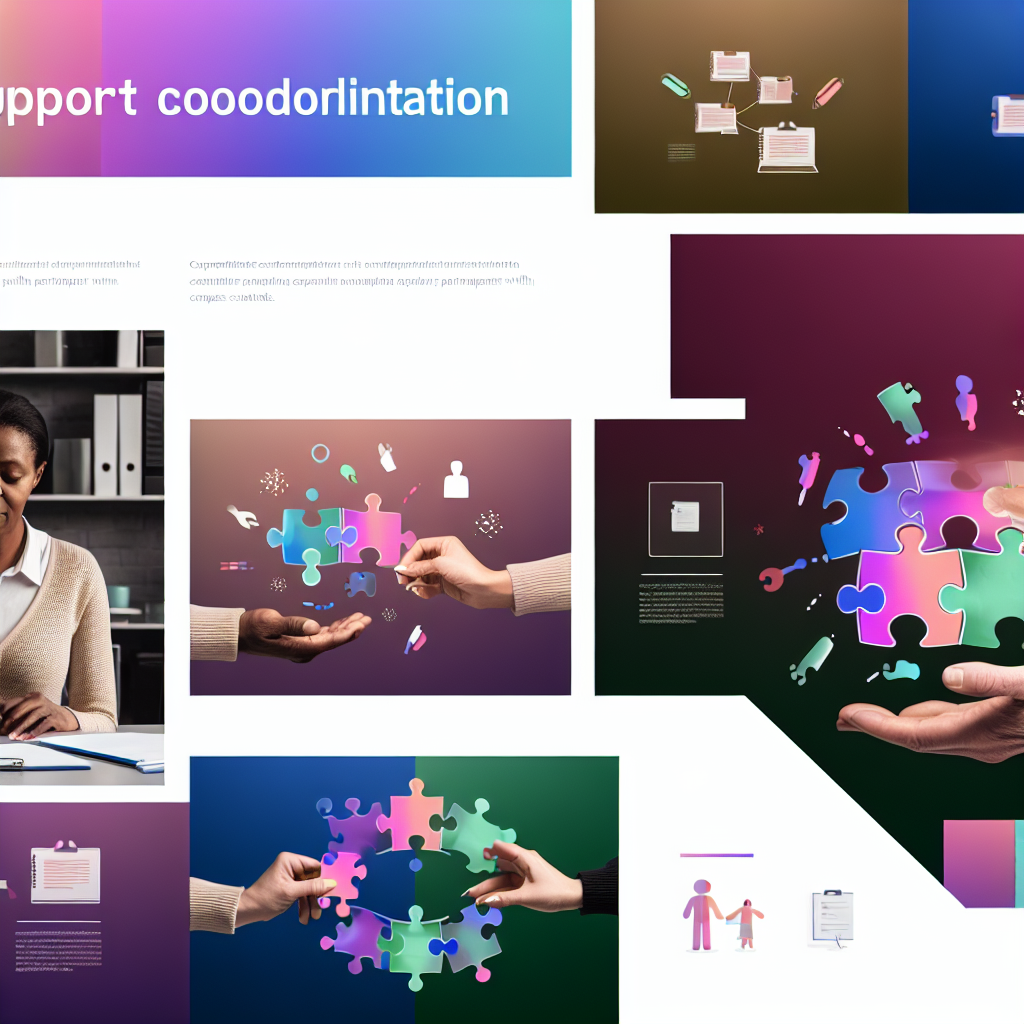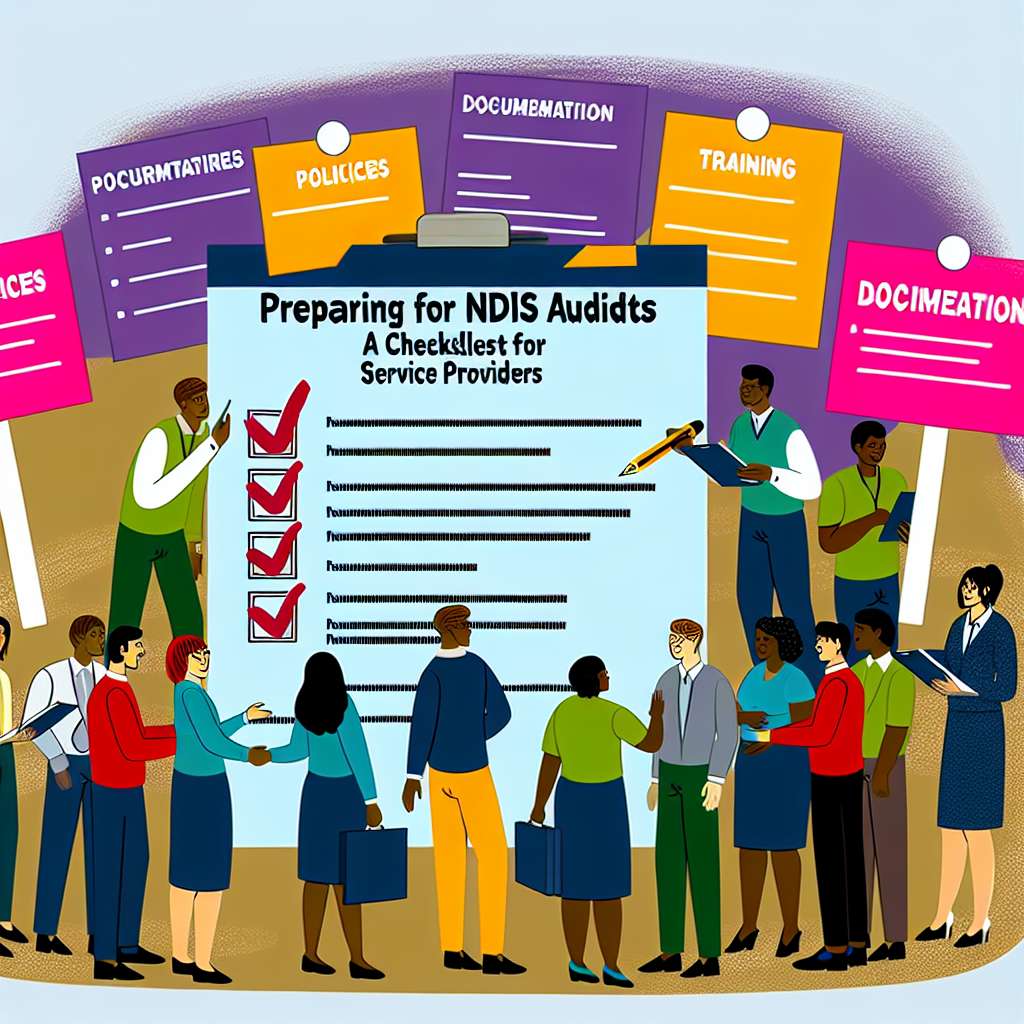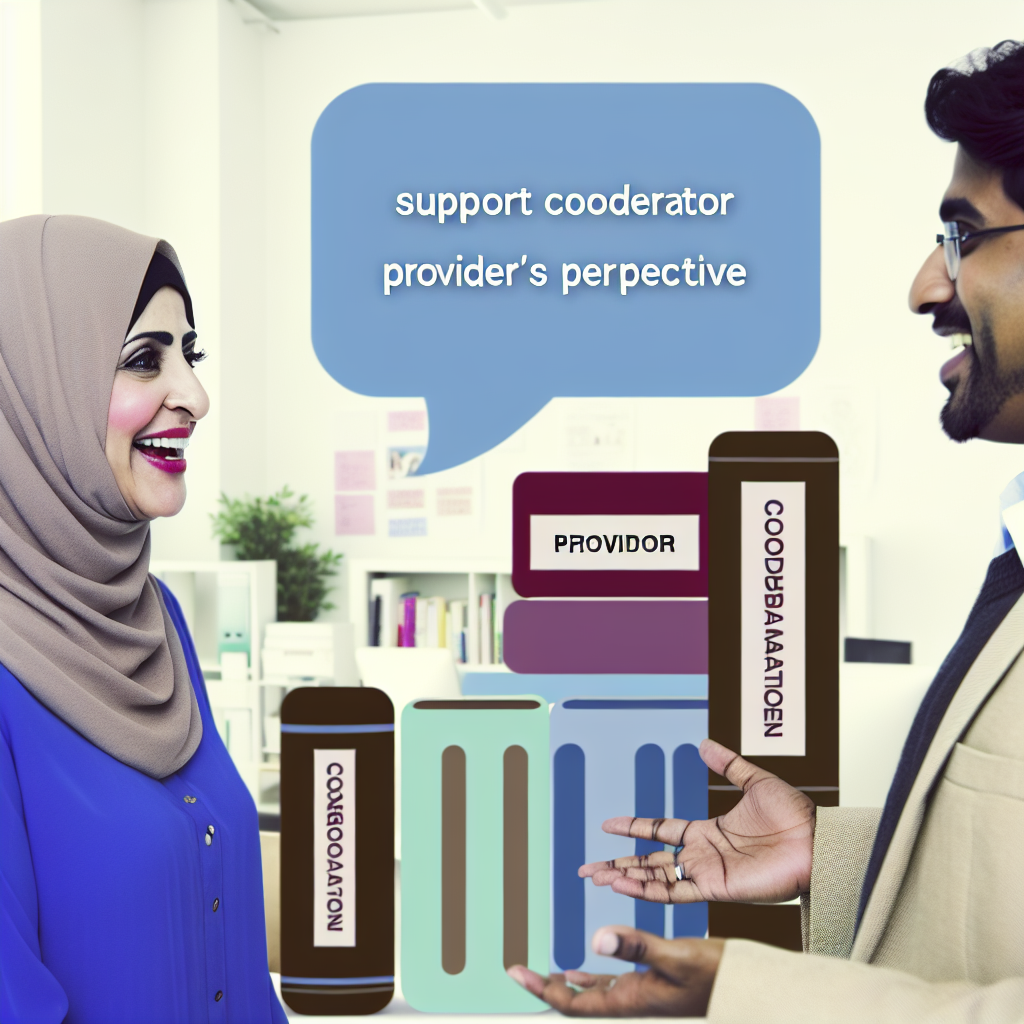by Bobby Singh
Share
by Bobby Singh
Share

Support Coordination Tips for Participants with Complex Needs
Support coordination is a critical service for individuals with complex needs, ensuring they receive the necessary assistance to navigate various support systems. Participants with complex needs often face unique challenges that require tailored strategies to enhance their quality of life. This article provides valuable insights and practical tips for effective support coordination.
Understanding Complex Needs
Participants with complex needs may experience a combination of physical, mental, and social challenges. These can include disabilities, chronic health conditions, mental health issues, and social disadvantages. Understanding the intricacies of these needs is crucial for effective support coordination.
Key Strategies for Support Coordination
- Comprehensive Assessment: Conduct thorough assessments to understand the participant’s unique needs, preferences, and goals. This involves collaborating with healthcare professionals, family members, and the participants themselves.
- Individualized Planning: Develop personalized support plans that address the specific needs and aspirations of the participant. This should include short-term and long-term goals, as well as strategies to achieve them.
- Building Strong Relationships: Establish trust and rapport with participants and their families. Effective communication and empathy are essential in building strong relationships that facilitate better support coordination.
- Resource Navigation: Assist participants in navigating various support services and resources. This includes connecting them with healthcare providers, community services, and financial assistance programs.
- Advocacy: Act as an advocate for the participant, ensuring their rights and needs are prioritized in all interactions with service providers and institutions.
Case Studies and Examples
Consider the case of John, a participant with cerebral palsy and mental health challenges. Through effective support coordination, John was able to access specialized therapy services, secure appropriate housing, and participate in community activities. This holistic approach significantly improved his quality of life.
Statistics from the National Disability Insurance Scheme (NDIS) indicate that participants with complex needs who receive tailored support coordination are more likely to achieve their personal goals and experience improved well-being.
Summary
Support coordination for participants with complex needs requires a comprehensive, individualized approach. By conducting thorough assessments, developing personalized plans, building strong relationships, navigating resources, and advocating for participants, support coordinators can significantly enhance the quality of life for individuals with complex needs. The success stories and statistics underscore the importance of these strategies in achieving positive outcomes.
Discover more from Wise Healthcare
Subscribe to get the latest posts sent to your email.
"Streamline your NDIS audit preparation with our comprehensive checklist, ensuring compliance and efficiency for service providers."
Learn effective strategies for NDIS providers to professionally manage feedback and complaints, ensuring improved service quality and client satisfaction.
Explore the vital role of support coordinators in enhancing service delivery and collaboration from a provider's perspective.
Discover effective growth strategies for NDIS service providers to scale your business, enhance services, and reach more clients successfully.
Discover more from Wise Healthcare
Subscribe to get the latest posts sent to your email.
Discover more from Wise Healthcare
Subscribe to get the latest posts sent to your email.
Discover more from Wise Healthcare
Subscribe to get the latest posts sent to your email.
Discover more from Wise Healthcare
Subscribe to get the latest posts sent to your email.
Discover more from Wise Healthcare
Subscribe to get the latest posts sent to your email.









